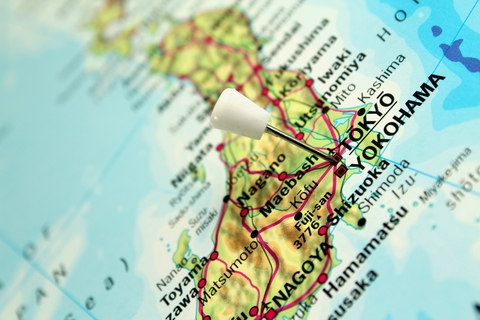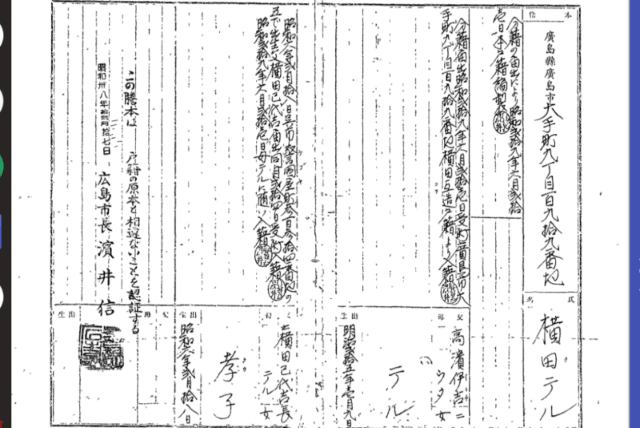As a bilingual private investigation agency, we always get inquiries from foreign customers to locate people in Japan. However, there are various obstacles to conducting this type of investigation in this country.
Unless the person is a high-profile individual, it is always challenging to locate someone in Japan without a sufficient amount of information due to privacy laws in the country.
No public records in Japan
First of all, there are no public records in Japan. Almost all government records are confidential. So, we have no data brokers like TLO or Tracers Information in the U.S. In short, it is nearly impossible to find someone by typing in a name in a database. The main purpose of Japanese privacy laws is the protection of personal addresses. Believe it or not, in Japan, personal addresses are considered one of the most sensitive types of information.
Japanese names do not make alphabetical sense
Second, Japanese names can be formed typically by 20 or 30 combinations of Japanese characters due to the numerous homonyms in the language. This gives extra headaches when trying to locate someone. A Japanese name is almost equal to Western initials. Also, foreign residents are registered under their translated names. As you may imagine, a name can be translated and spelled in numerous ways, which makes our search more difficult.
Previous residence records are kept for five years
If you have a legal reason to find this person, we can trace his or her current address using the old ones with the assistance of attorneys and the Juminhyo, a residential records archive. However, by law, city halls must keep old residential records only for five years. Therefore, there is no way to trace a new address using an old address if the person moved more than five years ago.
The citizen documentation system is too complex
We have a citizen documentation system called the koseki, or family registration. To locate anyone, we need to know the honseki of the person, i.e., the permanent domicile and the head of the family (a kind of ID number, like the SSN). We can obtain the honseki from the Juminhyo. However, it is often the case that it is not accessible if the person moved more than five years ago. The Honseki is similar to the address on your ID, and you can change your honseki anywhere in Japan. Typically, however, the honseki is the address of one’s parents or the address of the first house you purchased after marrying. So, it is likely that an old address can be the same as the Honseki of the subject. In this situation, we could trace a new address from the old one because the Koseki Family Registry Records are kept in the archives of the local city hall for 80 years after the death of the registry holder.
All in all, there is no guarantee that we can trace a new address from an old one, but there is a chance we can locate a person using social media such as Facebook, LinkedIn, or business profile databases. Therefore, when the subject is a high-profile individual, it is an easy mission.




